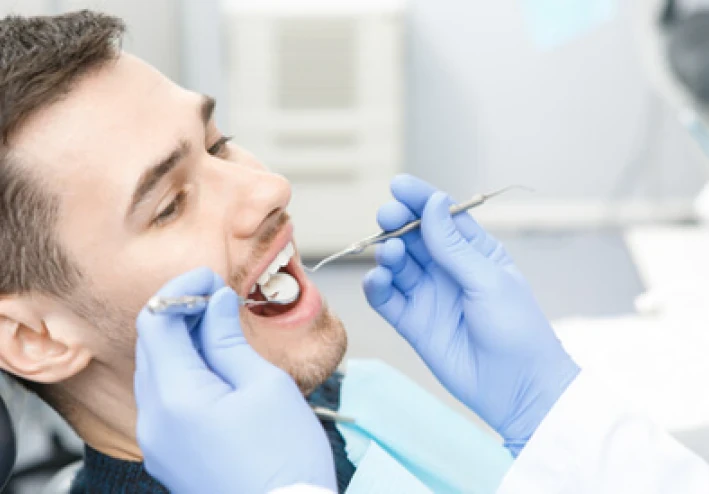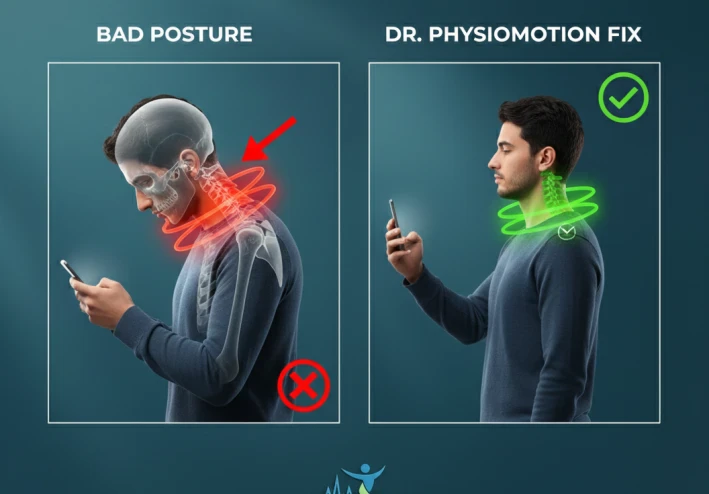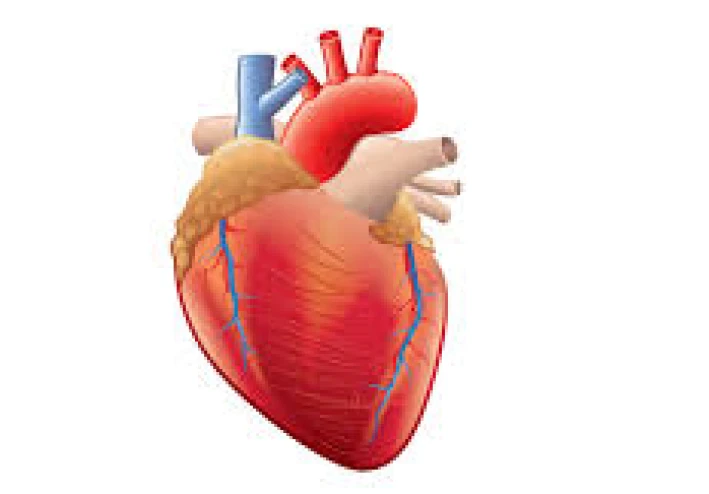Introduction
Headaches are a prevalent issue that affects individuals of all ages, often disrupting daily activities and overall quality of life. From mild discomfort to severe pain, headaches can be caused by various factors, including stress, dehydration, and poor posture. Understanding how to effectively manage and alleviate headaches is essential for maintaining well-being. In this article, we will explore simple and effective ways to achieve headache relief, including quick headache remedies, natural headache treatments, and preventive strategies.
Understanding Headaches
Before discussing treatments, it is important to recognize the different types of headaches and their underlying causes. This understanding can help in identifying the most appropriate remedies.
Common Types of Headaches
Tension Headaches: These are the most common type, often triggered by stress, anxiety, or muscle tension. Symptoms include a dull, aching sensation on both sides of the head and tenderness in the scalp, neck, and shoulders.
Migraines: Characterized by intense, throbbing pain, migraines can be accompanied by nausea, vomiting, and sensitivity to light and sound. Triggers may include hormonal changes, certain foods, and stress.
Cluster Headaches: These are severe headaches that occur in cycles or clusters, typically affecting one side of the head. They are often accompanied by symptoms like nasal congestion or eye tearing.
Common Causes of Headaches
- Stress and Anxiety: Emotional stress can lead to muscle tension, resulting in tension headaches.
- Dehydration: Insufficient water intake is a common trigger for headaches.
- Poor Sleep: Lack of quality sleep can increase headache frequency.
- Dietary Triggers: Certain foods like aged cheese, processed meats, and alcohol can provoke migraines.
- Eye Strain: Prolonged screen time without breaks can lead to tension headaches.
Simple and Effective Ways to Get Rid of Headaches
1. Stay Hydrated
Dehydration is a frequent cause of headaches. Drinking adequate water throughout the day is one of the simplest and most effective ways to alleviate headache symptoms. Aim for at least eight 8-ounce glasses of water daily, and increase your intake during hot weather or physical activity.
Quick Tip:
If you feel a headache coming on, drink a glass of water and monitor your symptoms. You may find that hydration is all you need for relief.
2. Apply Cold or Warm Compresses
Using a cold or warm compress can provide immediate relief from headache pain. For tension headaches, a warm compress applied to the neck and shoulders can help relax tight muscles. Conversely, for migraines, a cold compress on the forehead may numb the pain and reduce inflammation.
Quick Tip:
Use a bag of frozen peas wrapped in a towel for a cold compress, or soak a washcloth in hot water for a warm compress.
3. Practice Relaxation Techniques
Stress management techniques such as deep breathing, meditation, and yoga can significantly reduce the frequency and intensity of headaches. Engaging in mindfulness practices allows you to relax your mind and body, which may help alleviate tension headaches.
Quick Tip:
Spend just 10 minutes a day practicing deep breathing or guided meditation to help relieve stress and tension.
4. Maintain Good Posture
Poor posture, especially while sitting at a desk, can lead to tension headaches. Make a conscious effort to sit up straight, keep your shoulders relaxed, and ensure your workspace is ergonomically designed.
Quick Tip:
Set reminders to check your posture throughout the day, and consider using a chair that provides proper support.
5. Limit Screen Time
Excessive screen time can lead to eye strain, which is a common headache trigger. Taking regular breaks from screens can help mitigate this issue. Follow the 20-20-20 rule: every 20 minutes, look at something 20 feet away for at least 20 seconds.
Quick Tip:
Adjust your screen brightness and use blue light filters to reduce eye strain during prolonged use.
6. Keep a Consistent Sleep Schedule
Quality sleep is essential for overall health and can help prevent headaches. Aim for 7-9 hours of sleep each night, and try to go to bed and wake up at the same time daily.
Quick Tip:
Create a calming bedtime routine to signal your body that it’s time to sleep, such as reading a book or practicing relaxation exercises.
7. Consider Dietary Adjustments
Certain foods and beverages can trigger headaches for some individuals. Keeping a food diary can help identify potential triggers. Common culprits include:
- Aged cheeses
- Processed meats
- Alcohol
- Caffeinated beverages
- Artificial sweeteners
Quick Tip:
Eliminate suspected trigger foods from your diet for a few weeks to see if your headache frequency decreases.
8. Exercise Regularly
Regular physical activity can reduce the frequency and severity of headaches. Exercise helps to relieve stress, improve sleep quality, and promote overall well-being. Aim for at least 30 minutes of moderate exercise most days of the week.
Quick Tip:
Find an activity you enjoy, whether it’s walking, cycling, or dancing, to make exercise a sustainable habit.
9. Explore Natural Treatments
Natural headache treatments, such as essential oils and herbal remedies, can also provide relief. Peppermint oil, for example, may help reduce headache symptoms when applied to the temples. Additionally, magnesium supplements may help prevent migraines in some individuals.
Quick Tip:
Consult a healthcare professional before trying any new supplements or natural treatments to ensure they are safe and effective for you.
10. Seek Professional Help
If headaches persist despite self-care measures, it may be time to consult a healthcare professional. They can help determine the underlying cause of your headaches and recommend appropriate treatments. In some cases, prescription medications or therapies may be necessary.
Quick Tip:
Keep a detailed headache diary to track the frequency, intensity, and possible triggers of your headaches, which can help your healthcare provider develop a tailored treatment plan.
Prevention Strategies
In addition to the remedies mentioned above, implementing preventive strategies can help reduce the likelihood of future headaches:
- Identify Triggers: Keeping a journal can help you pinpoint specific triggers and avoid them.
- Create a Healthy Lifestyle: Focus on a balanced diet, regular exercise, and adequate sleep.
- Manage Stress: Incorporate stress-reducing activities into your daily routine.
Conclusion
Headaches can be a frustrating and debilitating condition, but understanding the causes and implementing simple and effective ways to get rid of headaches can significantly improve your quality of life. From staying hydrated and practicing relaxation techniques to maintaining good posture and seeking professional help, these strategies can provide relief and help prevent future headaches.






































